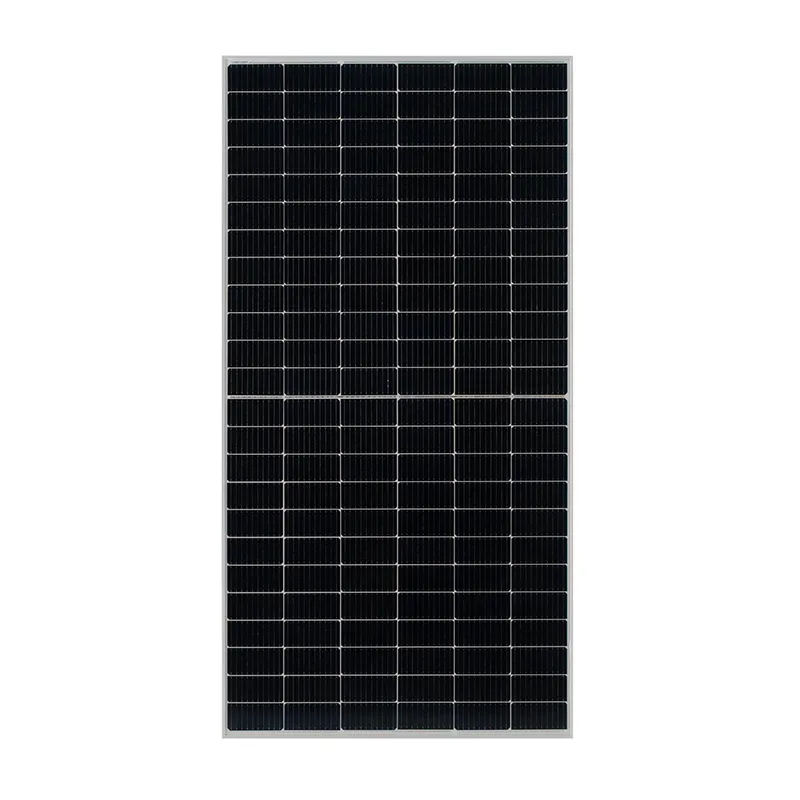Understanding the Expenses Involved in Purchasing and Installing One Solar Panel for Your Home
Understanding the Cost of One Solar Panel
The rising concern over climate change and the need for sustainable energy solutions have led many homeowners and businesses to consider solar energy as an effective alternative to traditional electricity sources. One critical aspect of adopting solar technology is understanding the cost of solar panels, particularly the cost associated with purchasing a single panel. In this article, we will delve into the various factors influencing the cost of one solar panel, the potential return on investment, and why going solar might be a wise choice in the long run.
Cost of a Solar Panel An Overview
As of late 2023, the average cost of one solar panel ranges from $200 to $600, depending on several variables, including the panel's brand, efficiency, warranty, and technology type. Most solar panels are measured in watts, with the most common residential panels having a capacity between 250 to 400 watts. Consequently, the overall price of the solar panel is often calculated on a per-watt basis, which generally falls between $0.50 to $3.00 per watt.
Factors Influencing the Cost
1. Type of Solar Panel The cost can vary significantly depending on the type of solar panel. The three main types are monocrystalline, polycrystalline, and thin-film. Monocrystalline panels, known for their high efficiency and space-saving designs, typically cost more. Polycrystalline panels are cheaper but usually less efficient. Thin-film panels are the least expensive but may require more space to generate the same amount of energy.
2. Efficiency Rating The panel's efficiency rating indicates how much sunlight it can convert into usable electricity. Higher efficiency panels tend to cost more but can produce more energy in a limited space, potentially saving money on installation and space in the long run.
cost of 1 solar panel

3. Installation Costs While we are focused on the cost of the panel itself, it's essential to remember that installation expenses can add significantly to the overall price. Professional installation can range from $1,000 to $3,000 or more, depending on the complexity of the installation, the location, and local labor rates.
4. Incentives and Rebates Government incentives and rebates can significantly lower the effective cost of solar panels. Many regions offer tax credits, grants, or rebates that encourage solar panel installation, which can reduce costs considerably.
Return on Investment
Investing in a solar panel can provide long-term financial benefits. By generating your own electricity, you can reduce or eliminate your monthly utility bills. Additionally, solar panels can increase property value, making it a sound investment for homeowners. The payback period for solar installations can range from 5 to 10 years, depending on energy savings, local electricity rates, and the initial investment.
Conclusion
The cost of one solar panel is influenced by a myriad of factors, from the type and efficiency of the panel to installation costs and available incentives. While the initial investment might seem significant, the long-term savings on energy bills and the potential increase in property value make solar energy an appealing option for many. As technology continues to advance and economies of scale improve production efficiencies, the cost of solar panels is expected to decrease further, making solar energy accessible to an even broader audience. Ultimately, understanding the cost and value associated with solar panels can empower individuals and businesses to make informed decisions about their energy future.
-
Unlocking Energy Freedom with the Off Grid Solar InverterNewsJun.06,2025
-
Unlock More Solar Power with a High-Efficiency Bifacial Solar PanelNewsJun.06,2025
-
Power Your Future with High-Efficiency Monocrystalline Solar PanelsNewsJun.06,2025
-
Next-Gen Solar Power Starts with Micro Solar InvertersNewsJun.06,2025
-
Harnessing Peak Efficiency with the On Grid Solar InverterNewsJun.06,2025
-
Discover Unmatched Efficiency with the Latest String Solar InverterNewsJun.06,2025







